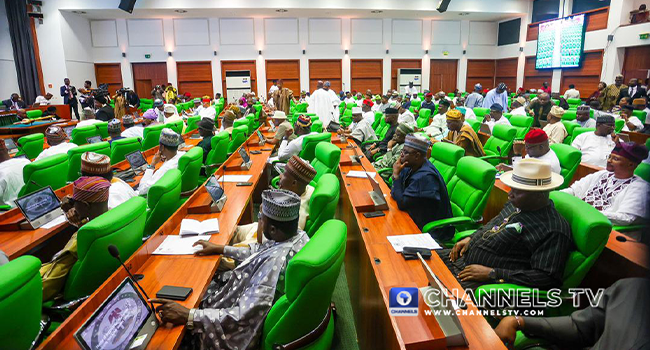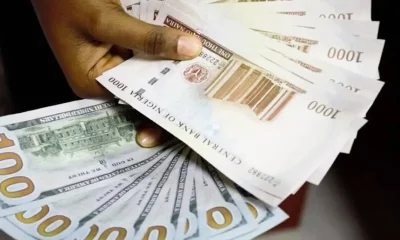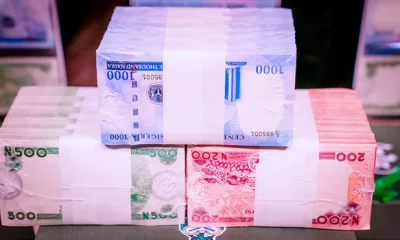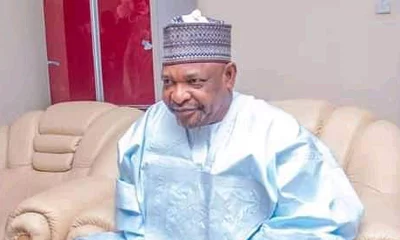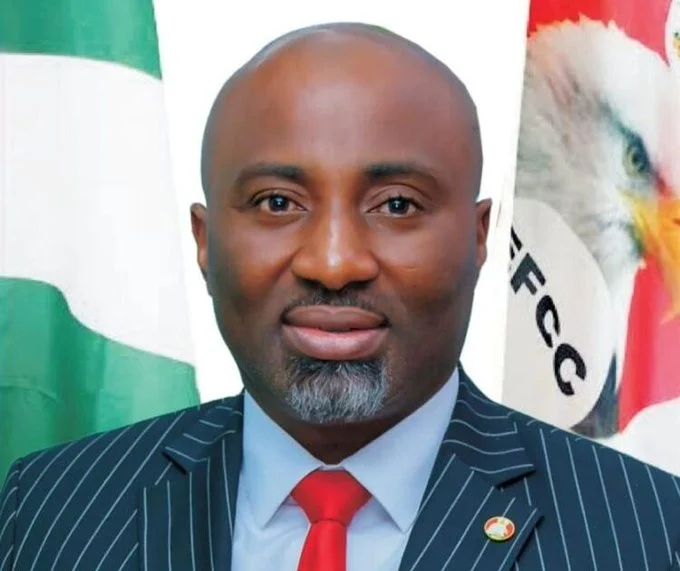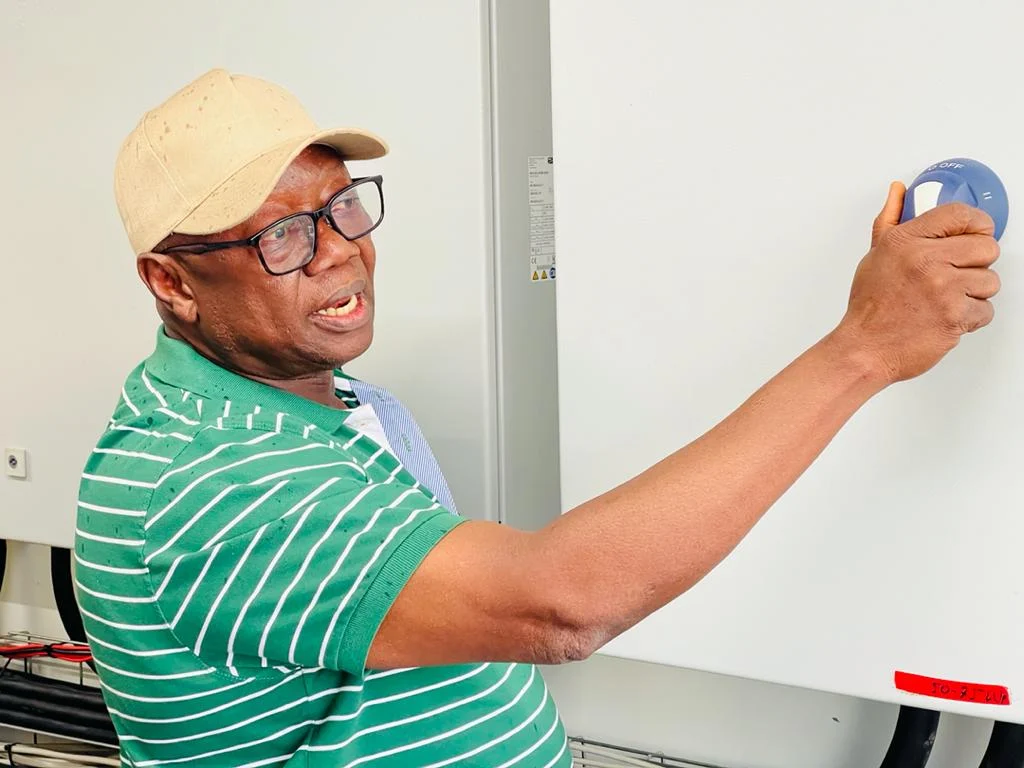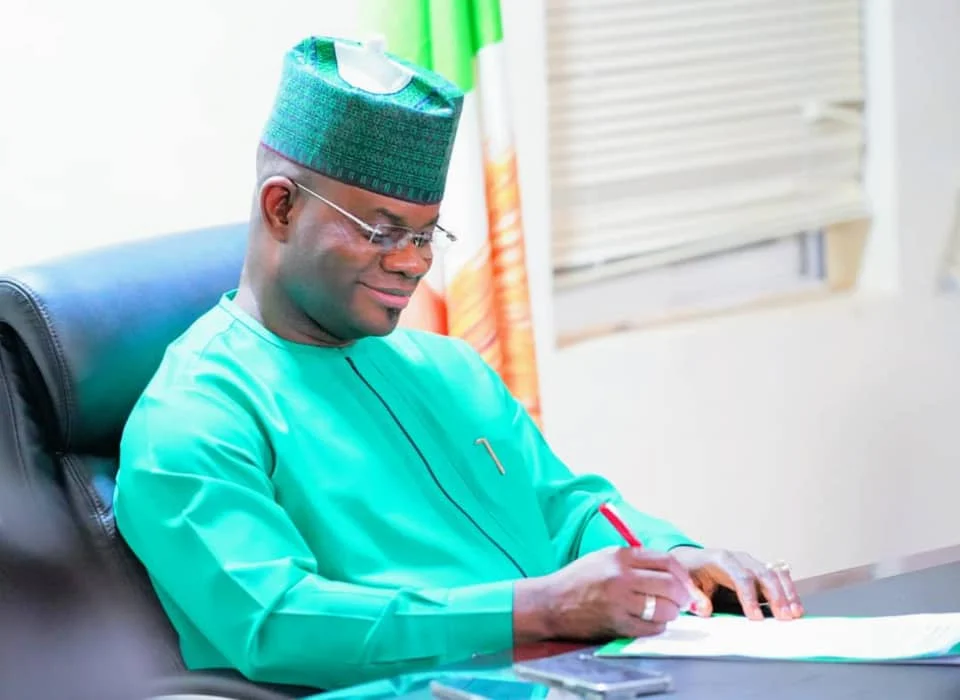The house of representatives has called for a review of the 2024 budget projections owing to the free fall of the naira in the past few months.
The lawmakers adopted a motion on the matter during a plenary session on Thursday.
The naira, on Monday, depreciated to N1,620 to the dollar at the parallel section of the foreign exchange (FX) market.
The motion, moved by Kafilat Ogbara, a lawmaker, brought the attention of the house to the fluctuating FX rate since the passage of the N28.7 trillion 2024 budget by the national assembly and the subsequent assent by President Bola Tinubu.
Ogbara, who doubles as the house committee chairman on women affairs and social development, said the federal government’s initial budget proposal for 2024, which is predicated on a projected N800 to the dollar, is no longer visible.
The lawmaker said there is a causal relationship between the FX rate movements and macroeconomic aggregates such as inflation, fiscal deficits and economic growth.
“The persistent fluctuation of the exchange rate trended with major economic variables such as inflation, Gross Domestic Product and fiscal deficit in Nigeria, presently,” she said.
Ogbara said when exchange rates fluctuate, the prices of imported goods will see a shift in value, including domestic products that depend on imported parts and raw materials.
“Exchange rates also impact investment performance, interest rates, and inflation and can even extend to influence the job market and real estate sector,” the lawmaker said.
“The House is worried that the weighted Average Rate Nigerian Foreign Exchange Market hovers at an average of $1 at N1, 488. 90, Pound at N1, 880. 1779, Euro at N1,609. 35 and Swiss Franc at N1,691.35 respectively.
“The House is worried that with the distortionary impact of the foreign exchange regime, the 2024 Appropriation Act would be difficult to implement due to foreign exchange volatility.
“Definitely, the exchange rates have already caused a major wide variance in personnel cost, recurrent expenditures and capital costs appropriated to the various Ministries, Departments and Agencies.”
Given the market fluctuations, Ogbara said it is incumbent on the national assembly to review (amendments to) all the items that make up the 2024 Appropriation Act, medium-term expenditure framework/fiscal strategy paper (MTEF/FSP), external borrowing plan, foreign exchange market, and role of bureaucracy in budget implementation.
Following the adoption of the motion, the house mandated its committees on national planning and economic development, appropriation and finance to “carry out a comprehensive assessment of the implications of the foreign exchange on the 2024 appropriation act and determine the method of alignment of the current foreign exchange with the approved national budget”.
The green chamber also asked the committees to “evaluate the prevailing exchange rates to understand the value of the foreign exchange in the local currency and how fluctuations impact the purchasing power and overall 2024 budgetary effectiveness”.
“Examine the expected revenue the government anticipates from various sources, including taxes and other income streams and how these can help to gauge the financial resources available to meet budgetary demands,” the house said.
“Review the outlined government spending plans across different sectors, adjust where necessary to ensure the budget remains realistic and achievable within the economic context considering priorities and essential areas.”
The committees were given six weeks to report back to the house for further legislative actions.

 News3 years ago
News3 years ago
 Entertainment2 years ago
Entertainment2 years ago
 News3 years ago
News3 years ago
 Privacy3 years ago
Privacy3 years ago
 Sports2 years ago
Sports2 years ago
 Entertainment2 years ago
Entertainment2 years ago
 News3 years ago
News3 years ago
 Opinion3 years ago
Opinion3 years ago
